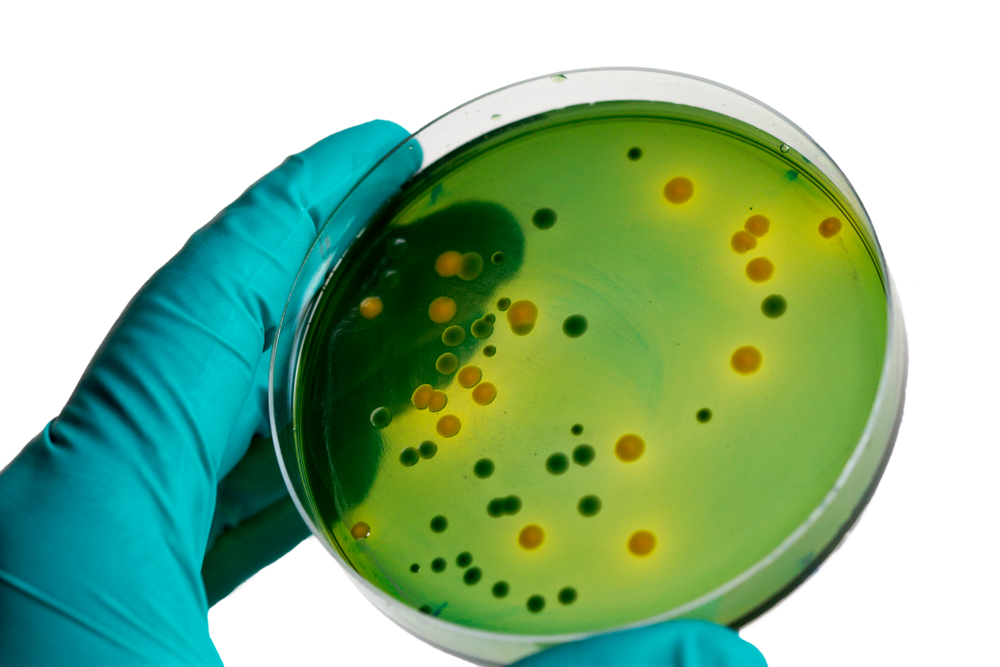
What is being tested?
These tests detect the presence of methicillin resistant Staphylococcus aureus (MRSA). MRSA are strains of Staphylococcus aureus bacteria, sometimes called golden staph, which are resistant to all of the ß lactam class of antibiotics such as flucloxacillin and cephalexin. These antibiotics are commonly used to treat infections caused by Staphylococcus aureus. First appearing in the early 1960s, MRSA cases and outbreaks were a problem in confined populations such as hospitals, prisons and nursing homes. While they continue to be an issue in hospitals and institutions, they have now spread to the wider community. MRSA is often spread by people who are carriers, who may not have an active infection but carry the organism on their body.
Screening is performed to determine whether someone is carrying MRSA so that infection control measures can be taken to avoid its spread.
How is it used?
An MRSA screen is a test that looks solely for the presence of MRSA and no other pathogens. It is primarily used to identify someone who may be colonised with MRSA. Reasons for screening include determining whether extra precautions are required to ensure the bacteria are not spread, or occasionally to identify the source of an outbreak.
The most widely used test to identify MRSA colonisation is culture. This confirms the presence of MRSA and allows the organisms to be further characterised with antibiotic testing, however culture often takes one to two days to yield a result.
The material from the swab is put onto a special nutrient medium then incubated in an environment that encourages the bacteria to grow. It is then examined for MRSA colonies. Now faster methods of MRSA screening by molecular methods have been developed. These methods test for the mecA gene that confers resistance to the ß-lactamantibiotics. NAAT (Nucleic Acid Amplification testing) detects this gene in Staphylococcus aureus. This method is currently in use in many laboratories around Australia and allows for an accurate and quick result. Culture is then used to determine antibiotic sensitivity patterns when the swab is positive.
Some hospitals have instituted measures to control the spread of MRSA by screening patients they feel are at risk, other hospitals screen all new admissions. When an outbreak of MRSA is under investigation, screening of health care workers, family members and close contacts may be performed to identify the potential source of infection and to help devise a plan of containment. In some settings, such as nursing homes, a large number of people may be screened.
When is it requested?
A MRSA screening test may be ordered when a doctor, hospital, community health department, or researcher wants to evaluate potential MRSA colonisation in an individual, their family members, and/or a group of people in the community as the source of a MRSA infection. A person who has been treated for MRSA infection or for MRSA colonisation will often be screened several times to determine whether MRSA is still present or whether the person has "cleared" their carriage.
What does the result mean?
Results will be MRSA detected or not detected. If MRSA is detected from a screening swab, the person is colonised with MRSA. Failure to detect MRSA from a screening swab means that MRSA is either not present or is present in numbers too low to be detected by the test. If this is following treatment or eradication of MRSA in someone, several swabs will be collected over time and the repeated failure to detect MRSA will tell the healthcare team that this person has cleared their carriage of MRSA.
Is there anything else I should know?
Further testing may be performed on MRSA bacteria when they are isolated in a culture. These additional research tests can identify the type and subtype of S. aureus strains. Although the typing may not be used to determine treatment of the patient, it provides information to track the pattern of disease spread of the infection and characterise the toxins and other virulence factors present in the bacteria.
Common questions
Yes, being successfully treated for MRSA colonisation does not prevent you from getting it again.
Yes, those people who are carriers are often healthy individuals who have no signs or symptoms of infection.
In certain settings, an antimicrobial ointment may be applied or an antiseptic body wash may be used. It is thought that eliminating carriage may protect a patient from MRSA infection following, for example, cardiac surgery, and/or prevent them spreading MRSA.
Standard hygiene practice can reduce your risk of becoming colonised or infected with MRSA. You should wash your hands frequently, avoid sharing personal items, such as towels, soap, or equipment, and always cover an open wound with a protective bandage. Medical staff should aslo follow these precautions.
What is Pathology Tests Explained?
Pathology Tests Explained (PTEx) is a not-for profit group managed by a consortium of Australasian medical and scientific organisations.
With up-to-date, evidence-based information about pathology tests it is a leading trusted source for consumers.
Information is prepared and reviewed by practising pathologists and scientists and is entirely free of any commercial influence.